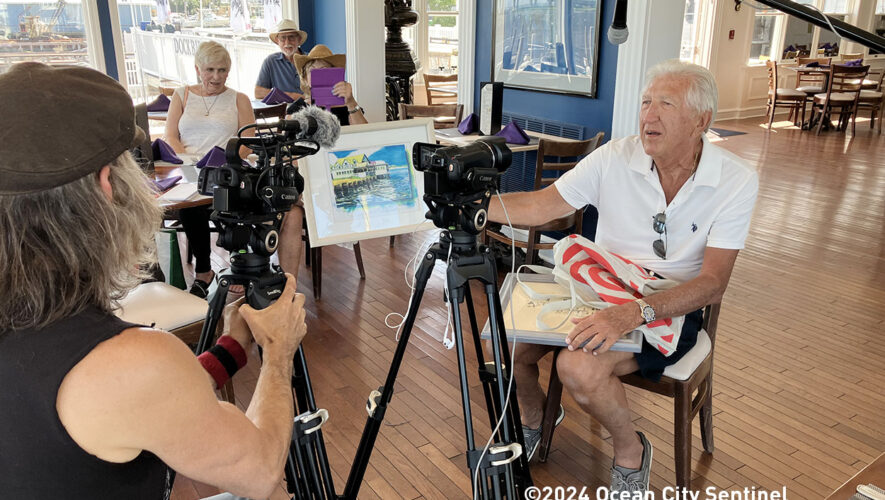CAPE MAY COURT HOUSE – Active COVID-19 cases dropped dramatically from Jan. 14 to Jan. 21 in Cape May County, but the Department of Health announced eight more deaths attributed to the coronavirus.
On Friday, the department announced there were 1,499 active cases among residents in the county. That compares to 2,329 active cases the week before, a drop of 35 percent.
Officials had predicted a decline was coming because the rate of transmission was coming down. It was at 0.82 on Friday, according to covidactnow.org, which means the spread of the infection is decreasing.
Among the eight deaths were a 76-year-old man from Ocean City; two from Lower Township, a 57-year-old woman and 86-year-old man; an 85-year-old man from Avalon; and four from Middle Township, two women, ages 83 and 88, and two men, ages 82 and 86.
County officials also noted hospitalizations at Cape Regional Medical Center fell to 39 from a high of 54 on Jan. 10.
The higher number of cases this winter has been attributed to the Omicron variant.
Among resident active cases, Middle Township is the highest with 385 followed by Lower Township with 349, Upper Township with 198, Ocean City with 160 and Wildwood with 110. Other active cases among residents include Dennis Township, 95; Woodbine, 45; Wildwood Crest, 42; North Wildwood, 36; Cape May 35 (plus another 32 among non-residents); Sea Isle City, 18; Avalon, 11; West Cape May, 7; West Wildwood, 5; Stone Harbor, 2; and Cape May Point, 1.
To get a vaccine, quickly and free of charge, go to https://capemaycountynj.gov/226/Health-Department or call (609) 465-1187.
Although the numbers have dropped dramatically after a rapid rise beginning in December, the 1,499 cases still are well above previous peaks during the pandemic.
“We pray the worst of this peak is behind us based on the recent news of cases coming down,” said Cape May County Commissioner Jeff Pierson. But, he added, referring to the eight deaths, “this news reminds us of the importance of getting vaccinated and masking up when indoors, especially when we are around people who are the most vulnerable.”
By DAVID NAHAN/Sentinel staff

